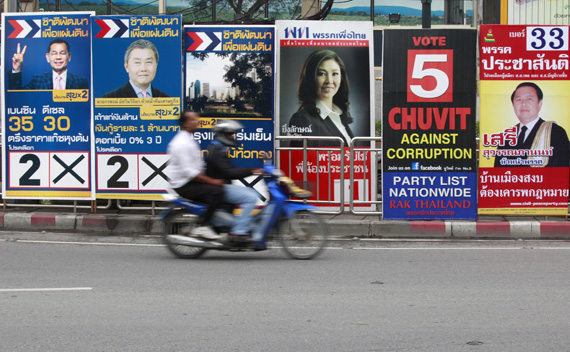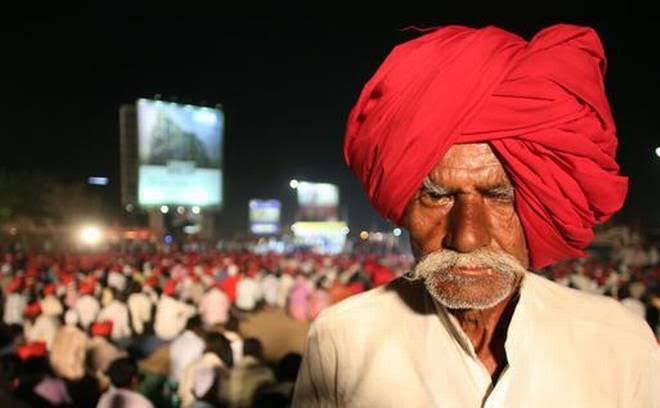Asia
Narrowing The Gap
Bhutan elects a left leaning government

The results of elections for Bhutan's national assembly were declared recently. Druk Nyamrup Tshogpa (DNT), which is considered a center-left political party, has won the people's mandate by winning 30 out of 47 seats. Fifty years old Lotay Tshering, the leader of the DNT, will become Bhutan's new prime minister. The DNT has won 55.1 per cent of total casted votes. "Narrowing The Gap" between the poor and the rich was the slogan of the party for the election.
With population of only 8 lakh people, Bhutan was a monarchy until recently. The decision to gradually introduce democracy in Bhutan was taken by the king. With adoption of a new constitution in 2008, Bhutan became a ‘constitutional monarchy’. The prime minister of Bhutan with the council of ministers is empowered to take important policy decisions and is the head of the government. The king of Bhutan remains the ‘head of the state’. The parliament of Bhutan is bicameral with the upper house called national council and the lower house called national assembly. In all the three elections since 2008, the Bhutanese people have voted a different political party to the power.
This year's election campaign revolved around issues like rising economic inequality, unemployment and better management of the hydro electric power industry. Hydropower industry is an important economic sector in Bhutan. The winning party DNT is said to have more conservative views about allowing more private investment in hydropower sector. This may lead the focus of economic development in Bhutan to the less explored tourism sector. The increasing burden of external debt, which is largely owed to India was also an important concern raised by the DNT in the campaign. The election commission of Bhutan had put restrictions on raising issues of foreign policy in the campaign.
The small Himalayan country is known for its unique approach towards economic development which puts 'happiness' of the people at the centre. The Gross Happiness Index which is used to measure development also takes in account the cultural development of the people and natural conservation efforts of the government. In spite of its good performance in happiness index, Bhutan is still categorised as a least developed country in economic terms. The DNT has promised the people of Bhutan to narrow the gap between the rich and the poor by diversifying the economic sectors and creating more jobs while also taking care of the environment. It will be interesting to see how the party achieves balance between economic development and environmental concerns.
Bhutan and India share a friendly relationship. Bhutan was one of the first countries to give recognition to independent India. In 1949, both the countries had signed a treaty of friendship calling for peace and non interference in internal affairs. The friendship treaty was revised in 2007. Bhutan is the largest beneficiary of India's foreign aid. Around 90 per cent of Bhutan's export and import is with India. Bhutan's geographical location makes it an important factor for India's Himalayan frontier security policy.
Major changes are not expected in the India Bhutan relations under the new party also because the king of Bhutan continues to have a great influence over the foreign policy of Bhutan. But Bhutan is looking for steadily increasing its engagement with outside world. Bhutan does not have diplomatic relations with China but the trade between the two countries is increasing. How the trilateral relations between India, China and Bhutan unfold in coming days under the new ruling party in Bhutan will have an important impact on international relations in the Indian subcontinent.





